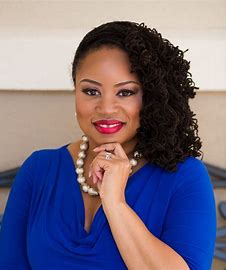Being unapologetic about being black is an issue that will certainly continue to be brought up, from clap backs to Facebook rants. However, what does that mean? Will everyone always be “pro-black”? What does it mean to be pro-black and against whites? Well, I can tell you one thing: It is a serious matter, and it does not mean that you are against anyone who is white. So let us talk about what being unapologetic about being black actually means.
What It Means To Be Unapologetically Black
I have always found myself in situations where I am “one in the number,” whether in a classroom, a social event, or a meeting; being unapologetically black does mean some things. One of those things is always backing your race no matter what. My ethnicity must always be defended when something relates to myself, and that always happens.

As a victim of racial profiling, I have defended myself on the offensive more times than I can count. There are African Americans who are not poor or who do not have married parents. I find it incredibly annoying when people adopt this mindset and fail to use their brains.
Additionally, unapologetic black identity means being black regardless of where you go. When other people are present, people who are not of color tend to forget this. As a result, they often say not necessarily offensive things but lack factual evidence and are simply untrue.
People say things like, “Oh, don’t forget about black people,” as if they have never thought about it. Black people who will truly defend themselves are black 24/7, 365 a year. When they defend themselves, they’re asked, “Why are you so loud?” or “Why are you so angry?”. Unapologetically black means to be unapologetic.
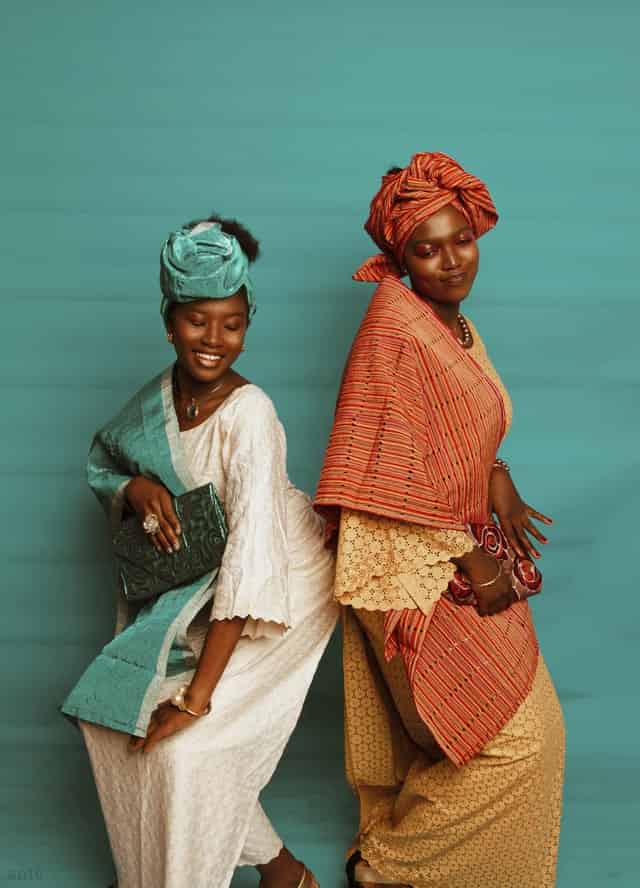
Being unapologetic about being black doesn’t mean you reject equal rights. On the contrary, my desire is for EVERY person in America and the world to have a fair chance at life, as I have stated before. Even though it isn’t always possible, it is something that should be strived for. Usually, people think that if you fight for something or someone, you are against another, but that isn’t true.

What being unapologetic about being black isn’t
You do not need to hate white people or people who aren’t black to be unapologetically black. This part is truly not understood at all by most people! It does not mean that you do not like another particular thing just because you are one thing.
I’ll give you a simple example. Although I enjoy chicken, that does not mean that I dislike steak! Regardless of the meat, I am a huge fan. It is the same analogy as saying that being pro-black does not imply being anti-white. The fact that people do not understand this concept drives black people insane.
Lastly, being unapologetically black does not mean that you do not believe in equality for all. I want everyone in America and around the world to have an equal chance at life, which I’ve said before and I will say again. It may not be possible to do this completely, but we can certainly strive for it. So often, people think that when you fight for something or someone, you’re against someone else, but that isn’t true at all.
People need to remember that not being black is a privilege in this country and that certain things are inherited. It seems like people are truly upset that we are still having these conversations about minorities and non-whites reaching equality. Nevertheless, it is always important to remember that segregation once was the norm. The same education can be earned by us all, and we can love each other regardless of race. It would be best if you remembered that when someone is unapologetically black, they are standing up for their beliefs regardless of whether you are black or not.
More Costume Post
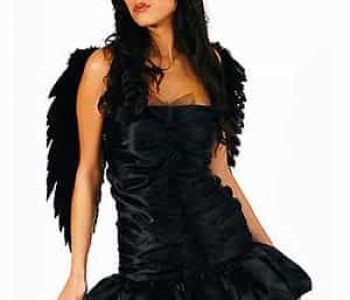
Halloween-centric more than 20 years ago. Among many cult classics, Hocus Pocus has become one of Halloween viewing’s most enduring traditions.
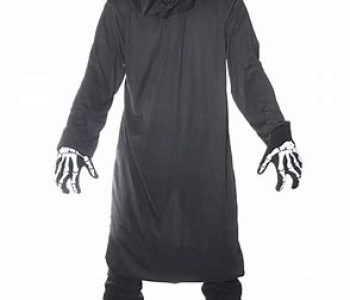
Halloween costumes that look like vampires or black cats are the epitome of “I didn’t put any effort into this” How come?

I love costumes – they tell the story, they help actors get into character, and they tell the audience something immediately about what’s going on.
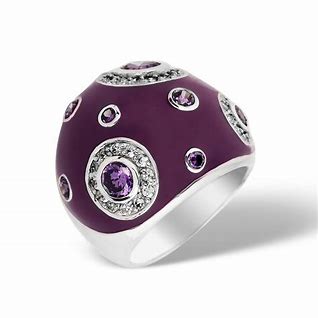
Although fake jewelry has been around since the 1600s, this jewelry style gained popularity in the 1920s when Hollywood used costume pieces in movies.

